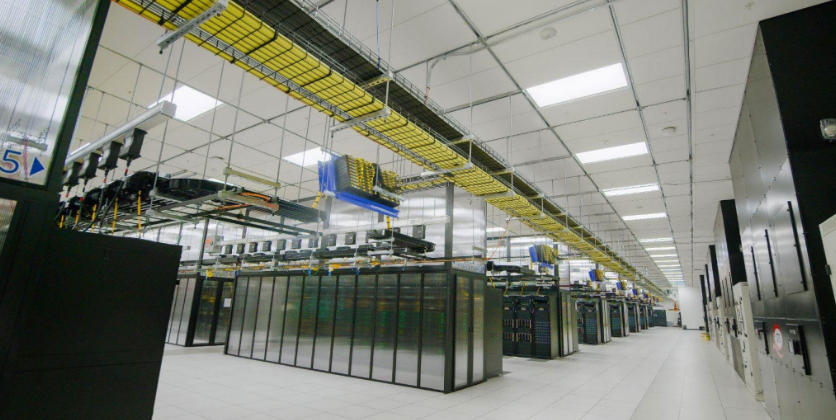 AI
AI
 AI
AI
 AI
AI
Meta Platforms Inc. today released the code for NLLB-200, an internally developed artificial intelligence system capable of translating text across 200 languages.
The company is also releasing a set of tools designed to help researchers more easily apply NLLB-200 in software projects.
Many of the 200 languages that NLLB-200 understands are not supported well by other AI translation systems, according to Meta. The company says fewer than 25 African languages are currently supported by widely used translation tools. NLLB-200 supports 55 African languages.
Translation accuracy is another area where NLLB-200 has an edge over other tools, Meta stated. The company evaluated the accuracy of the system using BLEU, an algorithm for measuring the quality of machine-translated text. Meta says that NLLB-200 achieved BLEU scores that were on average 44% higher than the previous record.
“We just open-sourced an AI model we built that can translate across 200 different languages — many of which aren’t supported by current translation systems,” stated Meta Chief Executive Officer Mark Zuckerberg. “We call this project No Language Left Behind, and the AI modeling techniques we used are helping make high quality translations for languages spoken by billions of people around the world.”
NLLB-200 features more than 50 billion parameters, the configuration settings that determine how an AI system goes about processing data. The more parameters an AI system features, the better its accuracy.
The fact that NLLB-200 features a large number of parameters isn’t the only factor behind its ability to support 200 languages with high accuracy. The system also draws on a number of other AI innovations developed by Meta’s engineers.
Meta uses an internally developed toolkit called LASER to support its machine learning research. Using the toolkit, researchers can train a neural network to perform a certain task in one language and then adapt the neural network to other languages with relative ease, which is useful for translation use cases. Meta developed its new NLLB-200 system with an improved version of LASER dubbed LASER3.
The original version of LASER included a so-called LSTM neural network, a specialized component that turns text into a mathematical representation that can be understood by AI systems. This mathematical representation helps produce more accurate translations. In LASER3, Meta replaced the LSTM neural network with a Transformer, a type of advanced natural language processing model that can perform the same task more effectively.
Meta also used several other methods to improve NLLB-200’s capabilities. Among others, the company upgraded the system it uses to collect training data and made changes to the AI training workflow.
Meta trained NLLB-200 using an internally developed supercomputer dubbed the Research SuperCluster (pictured). When the supercomputer was first detailed in January, it featured 6,080 of Nvidia Corp.’s latest A100 data center graphics cards. Meta stated at the time that the Research SuperCluster will eventually include 16,000 graphics cards.
Meta plans to use NLLB-200 to provide better automatic translation features across Facebook, Instagram and its other platforms. The company estimates that the AI system will support more than 25 billion translations every day.
In parallel with the effort to roll out NLLB-200 internally, Meta plans to help other organizations apply the system to their own software projects.
Alongside NLLB-200, Meta is open-sourcing code that can be used to train the AI and a dataset called FLORES-200 for evaluating the accuracy of translations. The company will provide up to $200,000 in grants to help nonprofit organizations adopt NLLB-200. As part of the initiative, Meta has teamed up with the Wikimedia Foundation to apply automated translation technology to Wikipedia articles.
THANK YOU